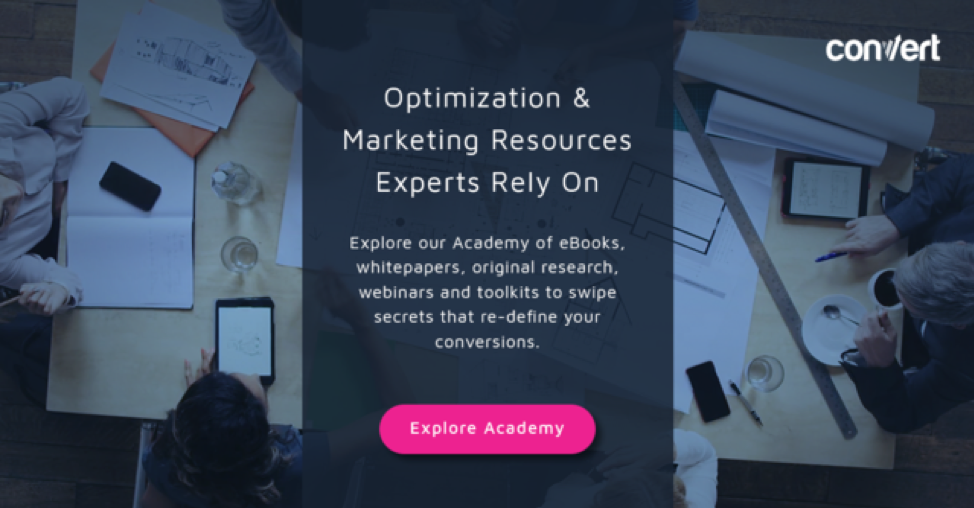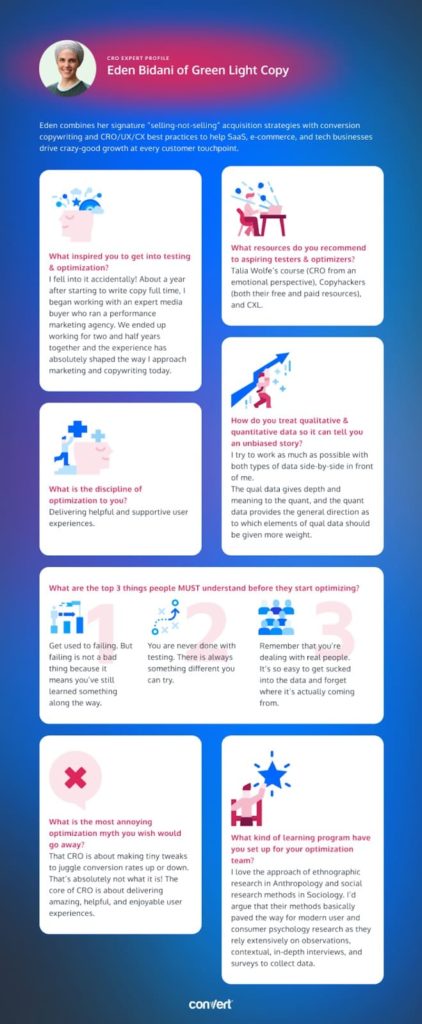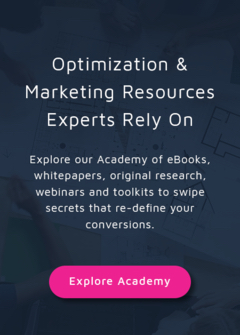Testing Mind Map Series: How to Think Like a CRO Pro (Part 5)
Interview with Eden Bidani of Green Light Copy
Having the right mindset is key to a successful CRO strategy. Without one, you could waste time and money on an experimentation program but never find success because of confusion over what needs more attention.
The Testing Mind Map series can help those who have been through this before understand their own successes as well as failures so that future experiments will be better planned out from start to finish.
In this article, Eden Bidani argues that CRO is not just about improving conversion rates. The true power of CRO lies in delivering helpful and enjoyable user experiences that will make your customers want to come back for more. A well-thought-out strategy will have you achieving higher customer satisfaction levels which means more sales too!
Eden, tell us about yourself. What inspired you to get into testing & optimization?
I fell into it accidentally! About a year after starting to write copy full time, I began working with an expert media buyer who ran a performance marketing agency.
At any one point in time, they were testing hundreds of variations of ads, landing pages, emails, and creatives, as well as sign up & payment form fields and customer flow maps for their clients. The world of performance optimization literally opened up in front of my eyes and I had to learn a lot – and quickly!
We ended up working for two and half years together and the experience has absolutely shaped the way I approach marketing and copywriting today.
How many years have you been optimizing for? What’s the one resource you recommend to aspiring testers & optimizers?
Coming up to 7 years now. And the three resources that have really helped along the way are Talia Wolfe’s course (CRO from an emotional perspective), Copyhackers (both their free and paid resources), and CXL.
Would also strongly recommend finding or building a strong network of people (both inside and outside of the same industry) and connecting with them regularly. It helps keep you on your toes with what’s trending while helping you find fresh perspectives and ideas for whatever you’re working on.
Answer in 5 words or less: What is the discipline of optimization to you?
Delivering helpful and supportive user experiences.
What are the top 3 things people MUST understand before they start optimizing?
- Get used to failing! Even if you have a gut feeling that a concept or variation you’re testing is “going to win”, it rarely does. But failing is not a bad thing because it means you’ve still learned something along the way.
- You are never done with testing. There is always something different you can try. (Which is a blessing… or a curse, depending on how you look at it.)
- Remember that you’re dealing with real people. It’s so easy to get sucked into the data and forget where it’s actually coming from.
(This is why we see dark marketing patterns, confirshaming, and the like – when you forget you’re dealing with people it’s easy to “justify” experimenting with all sorts of tactics in the name of optimization. But as Ogilvy once said, “The customer is not a moron. She’s your wife.”)
How do you treat qualitative & quantitative data so it can tell you an unbiased story?
I try to work as much as possible with both types of data side-by-side in front of me. For me, that helps balance out the full picture.
The qual data gives depth and meaning to the quant, and the quant data provides the general direction as to which elements of qual data should be given more weight.
What kind of learning program have you set up for your optimization team? And why did you take this specific approach?
I don’t yet have a team, but I love the approach of ethnographic research in Anthropology and social research methods in Sociology. I’d argue that their methods basically paved the way for modern user and consumer psychology research as they rely extensively on observations, contextual, in-depth interviews, and surveys to collect data. And this is something that I do now, and it’s what I would get my team to do as the insights are so deeply valuable.
What is the most annoying optimization myth you wish would go away?
That CRO is about making tiny tweaks to juggle conversion rates up or down. That’s absolutely not what it is! The core of CRO is about delivering amazing, helpful, and enjoyable user experiences. You do that, and it will encourage better conversion rates. If you’re just tweaking, you might get a superficial short-term lift, but that doesn’t mean it’ll positively impact the business in the long run.
Download the infographic above to use when inspiration becomes hard to find!
Hopefully, our interview with Eden will help guide your conversion strategy in the right direction! What advice resonated most with you?
Be sure to stay tuned for our next interview with a CRO expert who takes us through even more advanced strategies! And if you haven’t already, check out our interviews with Gursimran Gujral of OptiPhoenix, Haley Carpenter of Speero, Rishi Rawat of Frictionless Commerce, and Sina Fak of ConversionAdvocates!

Written By
Eden Bidani

Edited By
Carmen Apostu


